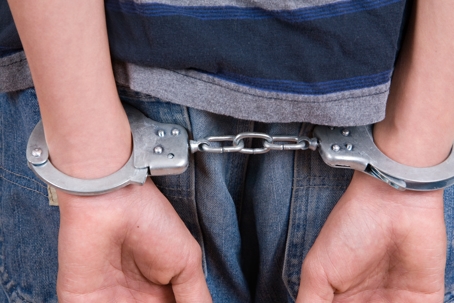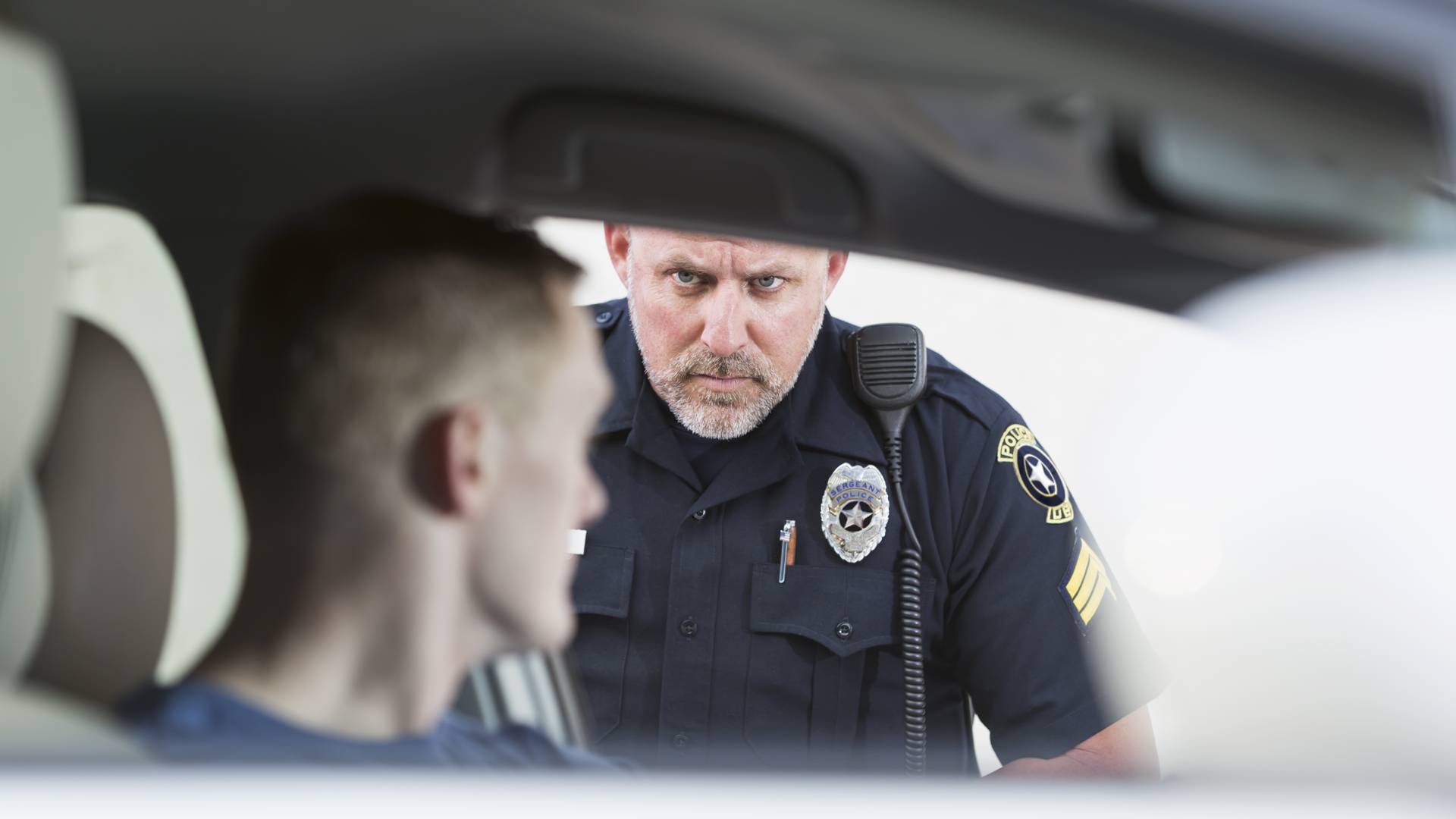Few moments in parenting are as overwhelming as receiving a call saying your child has been arrested. It’s a situation no parent wants to face, but knowing what to do and how to handle it can make all the difference for your family. Minnesota, like every state, has specific laws and processes for handling juvenile cases, and understanding those can help you act quickly and responsibly to protect your child’s future.
The Juvenile Justice Process in Minnesota
Before we get into what you can do, it’s important to understand how the legal system handles juvenile cases in Minnesota. Most minors who are arrested will go through the juvenile justice system, which is distinct from the adult system and focuses on rehabilitation rather than punishment.
Key Differences Between the Juvenile and Adult Systems
- Focus on Rehabilitation: The juvenile justice system is designed to help young people learn from their mistakes, with an emphasis on education, therapy, and community service rather than incarceration.
- Privacy Protections: Juvenile records are sealed in most cases, meaning they’re not typically available to the public. However, there are exceptions, especially for serious offenses.
- Juvenile Court: Cases involving minors are handled in juvenile court, where hearings are less formal than adult criminal trials.
- Potential for Certification as an Adult: For serious crimes, a juvenile may be certified to stand trial as an adult, meaning they’ll face adult penalties if convicted.
What Happens After an Arrest?
When a child is arrested, Minnesota law enforcement has a few options depending on the situation:
- Release to Parent/Guardian: If the offense is minor, the child may be released to you with a warning or a citation.
- Holding in a Juvenile Detention Center: Your child might be held temporarily in a juvenile detention center for more serious offenses.
- Referral to Juvenile Court: Once in custody, the case may be referred to juvenile court, where formal charges could be filed.
Now that you understand the legal process, here’s what you should do if your child has been arrested.
Step 1: Stay Calm and Gather Information
Hearing that your child has been arrested can stir up a mix of emotions, but staying calm is critical. Your child is likely scared and counting on you to guide them through this.
When you get the call:
- Write Down Key Details: Find out where your child is being held, the nature of the alleged offense, and whether charges have already been filed.
- Ask Who to Contact: Identify the arresting officer, the department handling the case, and how to reach the juvenile detention facility, if applicable.
- Listen Without Judging: If you’re able to speak to your child, be supportive and understanding. They need reassurance, not criticism, in this moment.
Step 2: Contact an Experienced Attorney
Juvenile law can be complex, and an experienced attorney can help you understand your child’s rights and options. Early legal representation can significantly affect the outcome of the case.
- Hire a Juvenile Defense Lawyer: Look for a lawyer with experience handling cases involving minors. They’ll have specialized knowledge about how the juvenile system operates in Minnesota.
- Act Quickly: The sooner you involve a lawyer, the better prepared you’ll be for any court hearings or discussions with law enforcement.
- Understand Your Rights: Ask your attorney to explain Minnesota’s laws, the charges your child faces, and whether their case could be elevated to adult court.
Step 3: Attend the Detention Hearing
If your child is held in custody, they must appear before a judge for a detention hearing, usually within 36 hours. This hearing determines whether they’ll be released or kept in custody until further proceedings.
Here’s what to expect:
- Your Attorney Will Advocate for Release: The judge will consider the nature of the offense, your child’s criminal history (if any), and whether they pose a risk to others.
- Conditions of Release May Apply: If the judge allows your child to go home, they might impose conditions like a curfew, regular school attendance, or staying away from certain individuals.
Attending this hearing shows the court that you’re engaged and supportive, which can benefit your child.
Step 4: Support Your Child Through the Legal Process
Once the detention hearing is over, the case will move forward, and your child may need to attend additional court hearings or participate in rehabilitation programs. Here’s how you can help them during this time:
Be Actively Involved
Stay updated on the case’s progress and attend all court dates with your child. Your presence demonstrates your commitment to helping them take accountability and move forward.
Follow Court Orders
Ensure your child complies with any court-ordered conditions, such as drug testing, counseling, or community service. Failing to follow these orders can have serious consequences.
Encourage Open Communication
Your child may feel frightened or ashamed. Create a safe space for them to talk and process their emotions while emphasizing the importance of honesty throughout the legal process.
Focus on Rehabilitation
Minnesota’s juvenile justice system often provides access to educational programs, therapy, and other resources aimed at rehabilitation. Encourage your child to take these opportunities seriously, as they can help them build a better future.
Step 5: Understand the Long-Term Implications
One of parents' biggest concerns is how an arrest will affect their child’s future. While juvenile records are often sealed, certain offenses may stay on record longer or require expungement.
- Sealing and Expunging Records: Once your child fulfills their court-ordered obligations, ask your attorney whether it’s possible to seal or expunge their record. This step can prevent the arrest from impacting college applications, employment, or housing opportunities.
- Preventing Future Issues: Use this experience as an opportunity to talk to your child about making better decisions moving forward. Show them you’re there to support them and emphasize the importance of personal responsibility.
Minneapolis Juvenile Defense Lawyer
Are you, or someone you know, in need of a specialized juvenile defense attorney in Minneapolis, MN? Contact Tamburino Law Group today to discuss how we can assist in safeguarding your child's future. Our experienced team is dedicated to providing the professional guidance and personalized service necessary to navigate Minnesota’s juvenile justice system. Visit our website or reach out directly to learn more about our committed support and defense in ensuring fair and effective legal outcomes for your family. Contact us today at (612) 444-5020 to get started.




.2407131209550.png)





